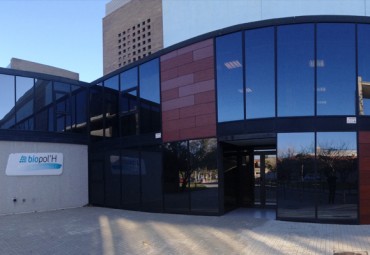David Lopez Martos from the Language Group will present the following talk:
Lexical deficits in Huntington’s Disease: the access to language, its organization, and function.
Abstract: Huntington’s disease (HD) is a genetic and neurodegenerative condition that presents motor, cognitive, and psychiatric disorders. Neurodegeneration appears on the striatum, which is an integrated part of the executive control network involved in the domain-general processes of selection, response inhibition, and conflict monitoring. The striatum is also involved in the language system as the central node of the verbal executive network and its atrophy alters the function and organization of language from the pre-manifest and early stages of the disease. Research on language production in Huntington’s disease points towards a problem in the selection processes, morphological deficits such as over-regularization towards the most common grammatical rules have been observed in different languages, furthermore deficits of failure and ambiguity in the selection of a syntactic referent have also been reported. However, it is necessary to check whether the alterations in the selection processes appear in a transversal mode in language, a fact that we hope to see reflected in the lexical access. To assess this hypothesis, spontaneous language production tasks offer a natural context to explore differences in real linguistic function and organization. Here, we use a story-telling paradigm with the aim of evaluating a selection deficit in the lexico-semantic production of 33 HD gene carriers (17 Manifest, 16 Pre-Manifest) matched with 33 Controls. Through an automated process, transitions and pauses produced in the speech are collected as acoustic measures to be combined with the resolution of the lexico-semantic granularity obtained in terms of frequencies, categories, and linguistic complexity. We expect results to show differences with respect to the lexical distribution, allowing us to incorporate this factor in favor of the hypothesis of the general selection deficit in language. This would bring us closer to explore the certain correspondence we find between the motor and the cognitive domain with respect to the transversal impairment in HD patients, which advances through the striatum and shows its reflection on the organization and function of language.
Location: Online (Microsoft Teams). Click here to join the meeting
Or in person attendance: Modular Building, room 1.5
 |
